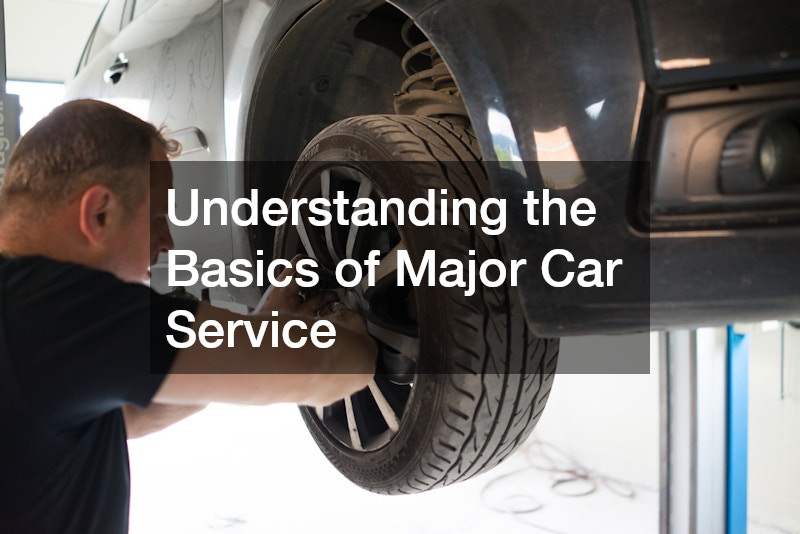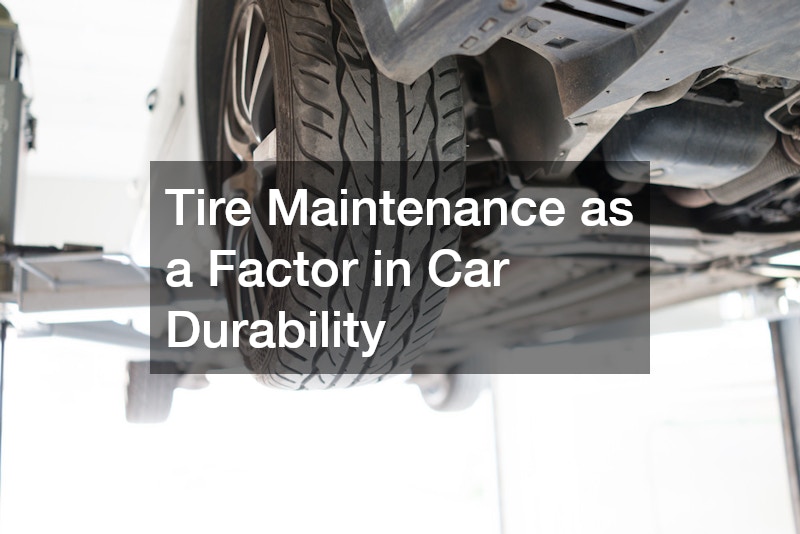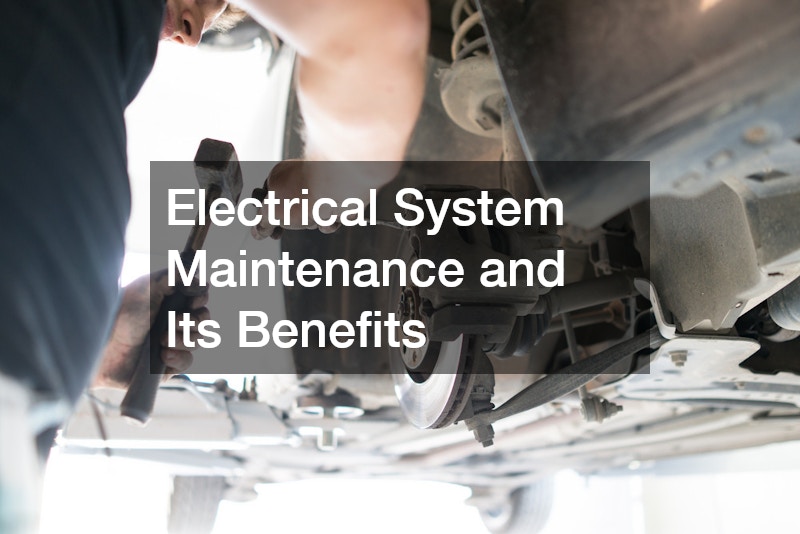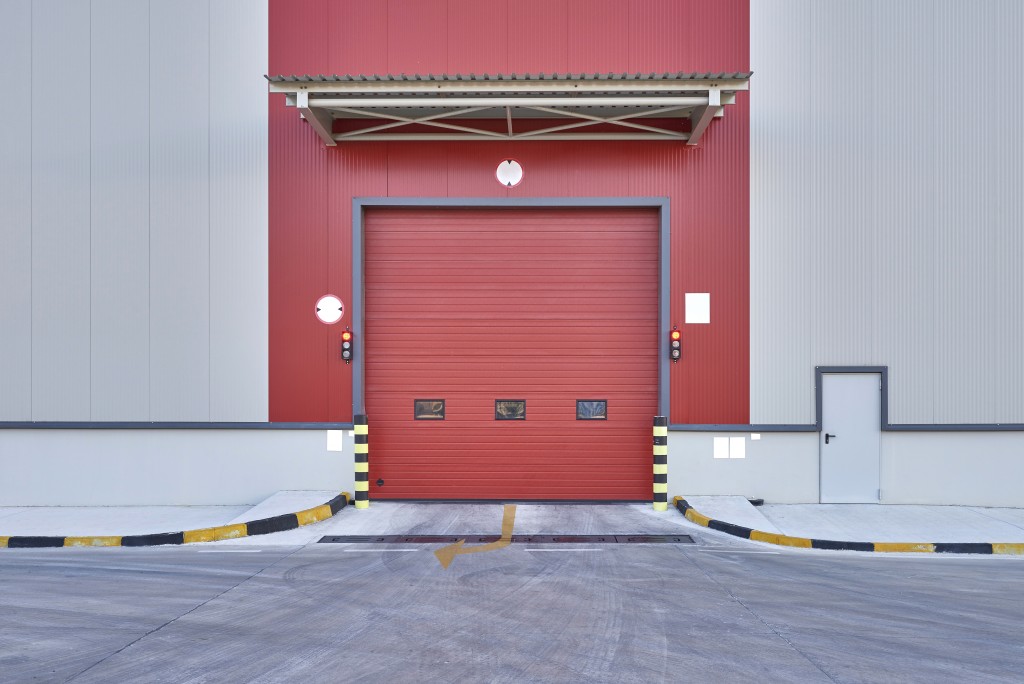Determining The Need For Car Service
Maintaining a vehicle’s health is essential for its longevity, performance, and safety on the road. Over time, wear and tear naturally occur in any car, and without proper care, minor issues can quickly escalate into costly repairs. Major car service is a comprehensive maintenance approach that goes beyond regular check-ups, addressing the deeper, more intricate components of a vehicle. This type of service generally includes inspections, part replacements, and adjustments that are crucial for ensuring the vehicle’s core systems function smoothly. Investing in major car service may seem like a commitment, but the potential benefits in terms of durability and reliability make it worthwhile for most vehicle owners.

Understanding the Basics of Major Car Service
Major car service encompasses a thorough inspection of a vehicle, going well beyond routine checks like oil and filter changes. This type of auto repair includes a comprehensive look at the car’s essential systems, such as the engine, brakes, electrical system, and transmission, ensuring that every part is functioning correctly. Regular major car services address parts and systems that may be missed during standard maintenance checks but are integral to the vehicle’s overall health. Car owners who commit to regular major car service intervals often experience fewer breakdowns, smoother rides, and higher fuel efficiency, which are benefits that make the investment in comprehensive care worthwhile.
In addition to these general benefits, each specific area covered in major car service contributes to the car’s durability in unique ways. For example, inspecting and adjusting the engine during major car service not only improves fuel efficiency but also minimizes stress on other connected systems, reducing the likelihood of severe engine damage. This service also involves a detailed inspection of the car’s suspension and drivetrain, which ensures that parts like shocks, struts, and axles are in good condition and ready for any road condition.
Key Components Checked During Major Car Service
Major car service covers numerous components that play critical roles in a vehicle’s functionality. Among the primary components checked are the engine, brakes, and transmission, but the service also typically includes a detailed assessment of the cooling system, suspension, and steering system. This level of thoroughness ensures that parts prone to wear or malfunction are either repaired or replaced as needed, making major car service a vital part of vehicle repair services. By maintaining these core elements, car owners can avoid unexpected breakdowns and extend the life of their vehicles. Regular servicing also helps improve the resale value of a car, as a well-maintained vehicle attracts potential buyers who see it as a reliable option.
A major car service goes beyond just checking the parts; it also includes cleaning, testing, and lubricating where necessary. Technicians may replace air filters, inspect the battery’s condition, and check for leaks in the exhaust and cooling systems. These steps are critical to ensuring that every component works harmoniously, allowing the car to handle daily stress effectively. Vehicle repair services offered within a major car service package provide both preventive care and necessary repairs, creating a balanced approach that enhances vehicle longevity.

How Regular Car Service Improves Engine Health
Regular major car service plays an essential role in maintaining the health and performance of a vehicle’s engine. During a major service, technicians carefully inspect engine components, including belts, hoses, and the cooling system, to ensure everything is functioning as it should. Routine checks and adjustments help prevent small issues from escalating into significant problems that could compromise engine health. Additionally, major car service often includes a tune-up, where technicians adjust the timing and fuel mixture, making sure the engine runs as efficiently as possible. This attention to detail helps improve the engine’s overall performance, fuel economy, and responsiveness, allowing drivers to enjoy a smoother ride and a longer-lasting vehicle.
Beyond general inspections, major car service focuses on specific components that are crucial to engine performance, such as the transmission. Transmission repair, when necessary, can restore optimal power transfer from the engine to the wheels, ensuring a smooth and safe driving experience. This service also includes an evaluation of the fuel system, which, if clogged or damaged, can restrict fuel flow and reduce engine efficiency.
The Role of Fluid Changes in Vehicle Longevity
Fluid changes are a critical aspect of any major car service, directly impacting the vehicle’s longevity and performance. Over time, the fluids in a car, such as engine oil, brake fluid, transmission fluid, and coolant, can become contaminated or depleted, leading to potential mechanical issues if not regularly replaced. Changing these fluids during a major car service keeps the engine and other systems lubricated, reducing friction and wear. Regular fluid changes also prevent overheating, corrosion, and build-up of harmful deposits that can damage vital parts.
Each fluid in a vehicle serves a unique function essential to its safe and efficient operation. For example, transmission fluid ensures smooth gear shifts, while coolant maintains the engine temperature within safe limits. During major car service, technicians replace these fluids as necessary and check for any signs of leaks, particularly in older vehicles. By addressing fluid levels and quality, major car service helps protect various systems from premature wear, allowing for a more reliable driving experience. If your car has a fluid leak, contact towing services immediately.

Tire Maintenance as a Factor in Car Durability
Tire maintenance is another essential element of major car service that significantly affects a vehicle’s durability and safety on the road. During major car service, technicians inspect the tires for wear, measure tread depth, and check for any signs of damage that could compromise safety. Properly maintained tires contribute to better handling, traction, and braking, which are vital for a safe driving experience in varying road conditions. Regular tire service, including rotation, balancing, and alignment, helps distribute tire wear evenly, extending the life of the tires and reducing the need for premature replacements. By including tire checks in major car service, vehicle owners can ensure that their car remains stable and roadworthy for as long as possible.
In addition to improving safety, tire maintenance as part of a major car service enhances fuel efficiency and reduces the strain on other components, such as suspension and steering systems. When tires are in good condition and properly aligned, the engine doesn’t have to work as hard to propel the car, resulting in better fuel economy. During a major service, technicians may recommend specific tire adjustments based on driving habits and vehicle type, helping ensure optimal performance.
Brake System Inspections for Extended Vehicle Life
Brake system inspections are a crucial component of major car service, directly impacting both the safety and longevity of the vehicle. Brakes experience regular wear due to their constant use in stopping and slowing down the car, especially in high-traffic areas where frequent braking is necessary. During a major car service, technicians carefully examine brake pads, rotors, and calipers to ensure they are in good working condition. Properly functioning brakes not only enhance safety but also reduce the strain on other components of the vehicle, such as the suspension and tires, thereby contributing to the overall durability of the car.
In addition to general checks, major car service may include brake repair to address any specific issues discovered during the inspection. For example, if the brake pads are excessively worn, they will be replaced to restore optimal braking performance. Rotors may also be resurfaced or replaced to maintain smooth and safe braking. Addressing these components early prevents more costly repairs down the line, such as damage to the brake calipers or brake fluid leaks.

Electrical System Maintenance and Its Benefits
The electrical system is a complex network that powers essential components, from the battery to the lights and sensors, all of which are critical for a smooth and safe driving experience. Major car service includes a thorough inspection of the vehicle’s electrical system to ensure all connections, wiring, and components are functioning correctly. Issues with the electrical system can lead to a range of problems, from battery failure to malfunctioning locks and lights. This level of maintenance can prevent the inconvenience and safety risks associated with a sudden electrical issue on the road.
A well-maintained electrical system also contributes to a seamless driving experience by preventing common issues such as dead batteries or faulty ignition systems. For example, major car service often includes testing the battery’s charge and examining the alternator, which helps prevent sudden power failures. In some cases, a vehicle owner may need assistance from local automotive locksmiths if their electrical locks fail, which is why maintaining these systems is important.
Exhaust System Care and Vehicle Longevity
The exhaust system is a vital component that contributes to vehicle efficiency and environmental safety by managing and expelling engine emissions. During a major car service, technicians inspect the exhaust system for any leaks, damage, or signs of wear that could affect its functionality. An efficient exhaust system not only helps the vehicle run smoothly but also reduces harmful emissions, which is beneficial for both the car and the environment. Keeping the exhaust system in good condition minimizes noise, optimizes fuel economy, and prevents toxic fumes from entering the cabin.
In addition to its functional benefits, maintaining the exhaust system can enhance the overall aesthetics of the vehicle, especially when combined with other exterior care elements like a vehicle wrap. An exhaust system in good condition complements the vehicle’s appearance, giving it a polished and well-maintained look. Furthermore, by catching minor issues early, major car service prevents small exhaust leaks or rust from turning into costly replacements.
Signs That Indicate Your Car Needs Major Service
Recognizing the signs that your car may be due for a major car service can make a significant difference in avoiding costly repairs and breakdowns. Some of the common indicators include unusual noises from the engine, reduced fuel efficiency, and the presence of dashboard warning lights. Additionally, if you notice that essential components like your windshield wipers are not working effectively or that your car struggles to start, it may be time to schedule a major car service.
Aside from obvious issues, some more subtle signs can also indicate the need for major car service. For example, vibrations while driving, rough shifting, or an unusual smell can all be early warnings of mechanical or electrical malfunctions. If your windshield wipers are leaving streaks or struggling to clear the glass, it could signal not only a need for new wipers but also potential issues with the motor or electrical connections.
The Long-Term Cost Savings of Major Car Service
Investing in a major car service might seem like a large expense upfront, but the long-term cost savings it offers make it a wise decision for most car owners. Regular, comprehensive servicing reduces the likelihood of unexpected breakdowns and helps avoid emergency repairs, which can be more costly and inconvenient than scheduled maintenance. For example, a major car service can address wear and tear in critical components like the transmission, brakes, and wheels. By preventing issues that might lead to more serious damage, major car service contributes to significant savings over time.
In addition to minimizing repair costs, major car service also helps preserve the vehicle’s resale value. A car with a well-documented maintenance history, including routine services such as wheel repair, is often seen as more reliable by potential buyers. Proper care of essential parts and systems during major services also extends the overall lifespan of the vehicle, allowing owners to get the most out of their investment.
Maintaining Your Newly Refurbished Car
Major car service is an invaluable investment in the longevity, safety, and performance of any vehicle. By covering a comprehensive range of maintenance tasks—from inspecting the engine and transmission to checking brakes, tires, and electrical systems—major service ensures that a car remains reliable and roadworthy for years to come. Routine maintenance of critical systems and components prevents minor issues from turning into costly repairs, ultimately offering a smoother and safer driving experience. Whether it’s a fluid change, brake inspection, or electrical system check, each part of a major car service works together to extend the life of the vehicle, helping drivers avoid sudden breakdowns and costly repairs.


